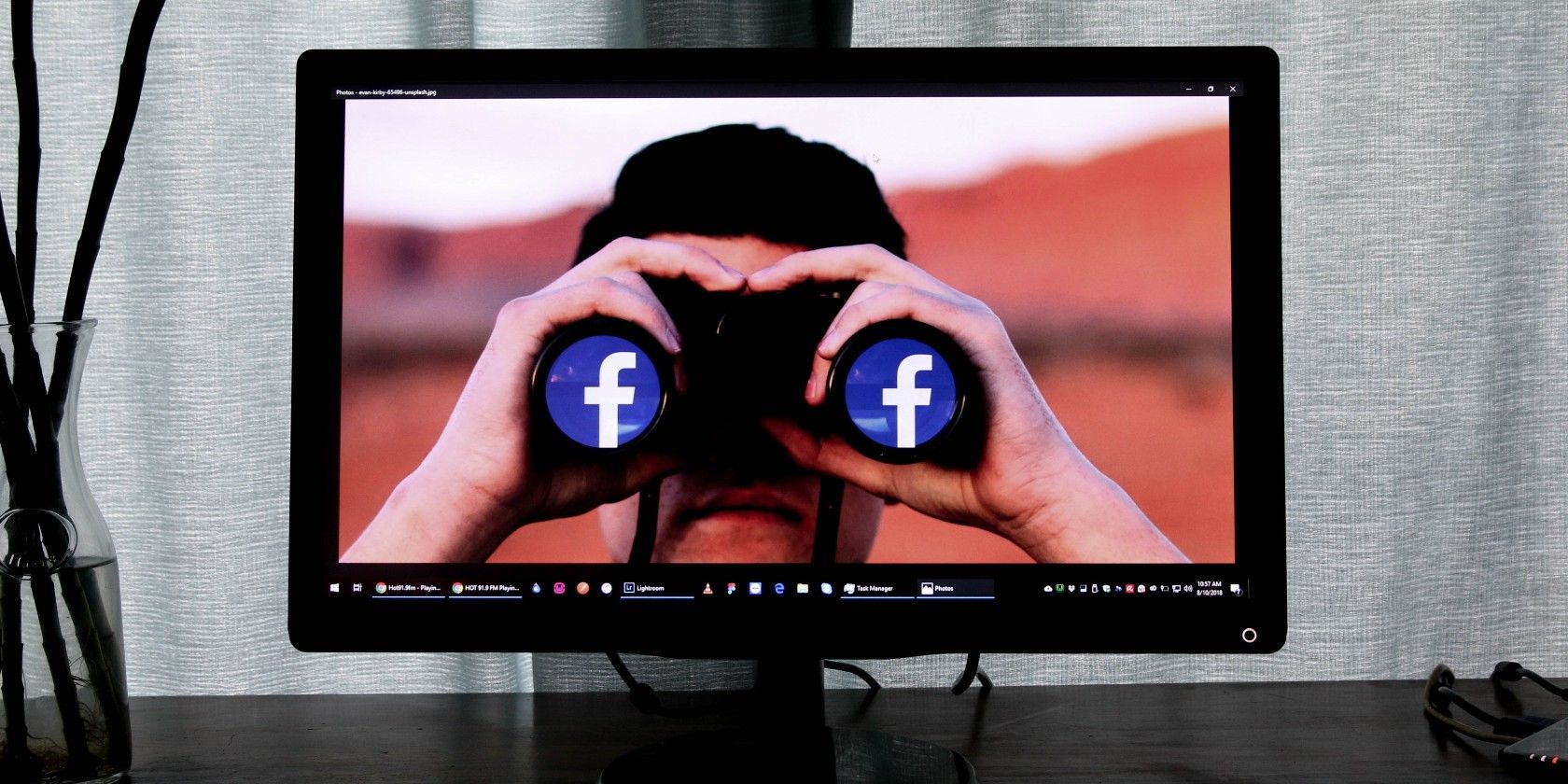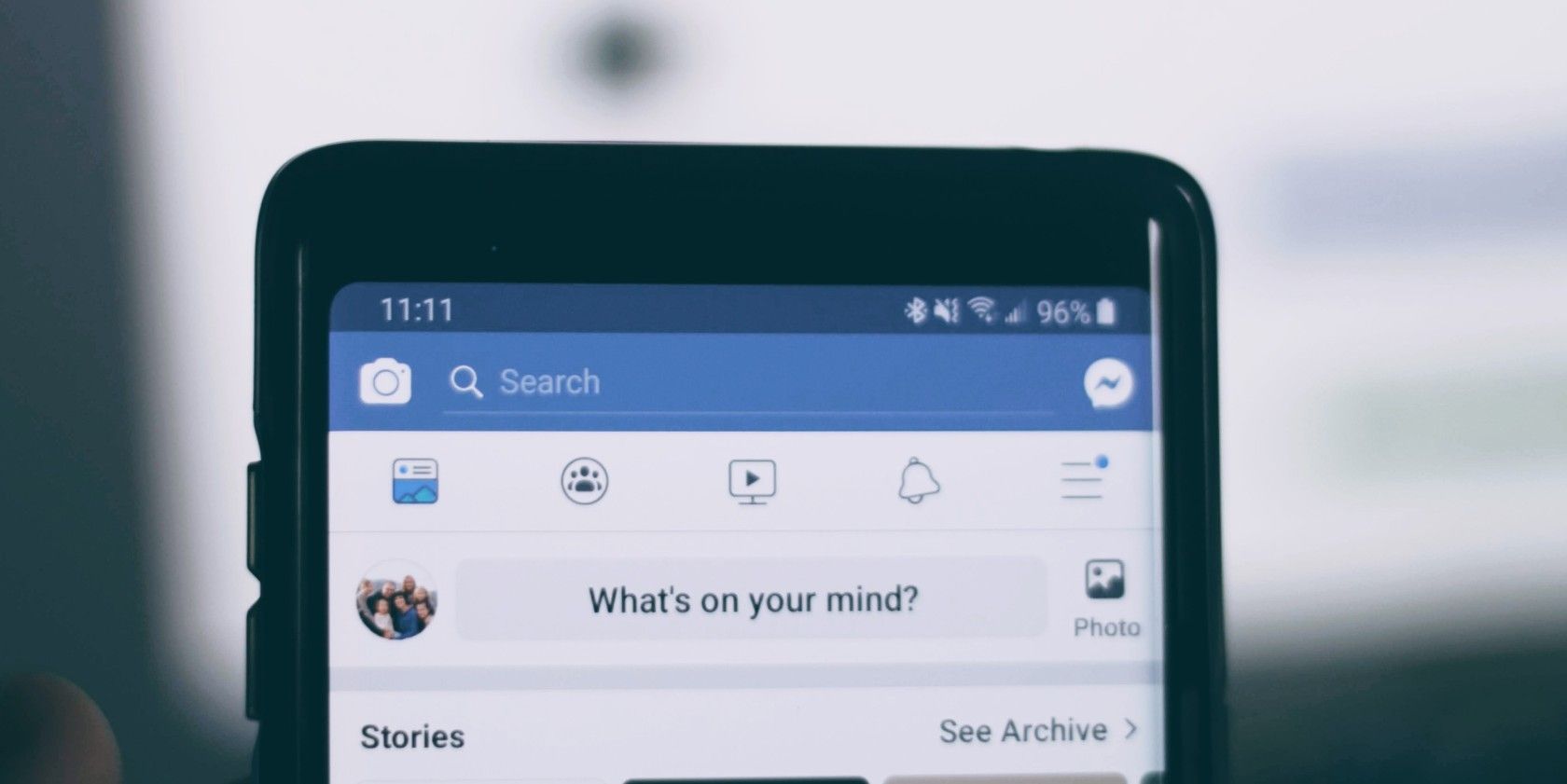Misinformation is a huge talking point across all social media platforms, and Facebook is no different. The platform has talked a lot about how it’s tackling the problem and even disabled over a billion fake accounts near the end of 2020.
But despite these efforts, the platform still has a problem with misinformation. This has prompted many people to ask: is Facebook really doing enough to deal with the issue?
In this article, we’ll look at everything Facebook is doing to fight misinformation—and whether it could be doing more.
What Is Misinformation?
Misinformation is content with information that is either false or inaccurate. With misinformation, people often believe what they are sharing is factually correct.
Compared to disinformation or fake news, the publisher might not have shared misinformation with the direct intention to deceive others.
Though it may seem like it is, misinformation isn’t a new concept. In fact, the word has existed for over 500 years. The problem now, however, is that information spreads much faster and further than before.
How Does Misinformation Spread on Facebook?
Often, misinformation starts in small networks. On Facebook, this could be in groups of people with similar interests. Alternatively, it could be in group chats or friends sending articles to each other.
After consuming the content, some of those users might then choose to share within their networks. One person from their network might then do likewise, and so on.
As more people share the post or article and engage with it, Facebook’s algorithms may boost the content in users' feeds. While having a large following can help to spread false information faster, that isn’t necessary.
What Is Facebook Doing to Tackle the Spread of Misinformation?
Facebook has made numerous attempts to stop the spread of misinformation. Between October and December 2020, the company announced that it had removed 1.3 billion fake accounts from the platform.
To carry out the mass deletion, the platform called more than 35,000 people to help.
Around that time, efforts to create a viable COVID-19 vaccine were also coming to fruition. And with that came a lot of misinformation.
In addition to the billions of accounts it removed, Facebook took down 12 million content pieces that had misinformation about vaccines. The tech giant has also said that it has hired fact-checkers based in various locations around the world.
Along with the above, Facebook has clamped down on behavior it believes is deceptive. To do this, it has created numerous systems.
As the company said in a blog post about tackling misinformation:
“We’ve built teams and systems to detect and enforce against inauthentic behavior tactics behind a lot of clickbait. We also use artificial intelligence to help us detect fraud and enforce our policies against inauthentic spam accounts.”
Furthermore, Facebook has launched campaigns to raise awareness about false information. One anti-false information initiative in June 2020 suggested that users should ask the following questions to help determine whether or not they were engaging with false news:
- Where’s the story from, and if there is no source, have you searched for one?
- What’s missing? Have you read the whole article and not just the headline?
- How does it make you feel? False news often manipulates feelings.
The campaign then used the slogan “Don’t share if you’re not sure”.
Does the Responsibility Lie Entirely With Facebook?
One might argue that Facebook should still be doing more to tackle misinformation despite the numerous introduced initiatives and systems. After all, it’s their platform—right?
That sounds great in theory, but the reality is much more complex.
In the first Facebook blog post shared in this article, the company said:
“While nobody can eliminate misinformation from the internet entirely, we continue using research, teams, and technologies to tackle it in the most comprehensive and effective way possible.”
Regardless of how much Facebook does, the reality is that there will always be some form of misinformation on the internet. Relying on one business alone to eliminate the problem is simply not realistic, even if said company is one of the world’s largest.
You Can Help Too
To tackle misinformation, the responsibility is also on all of us. We need to think before we share content online and not trust everything that we read.
You can take the initiative to fight misinformation in various ways, including:
- Not engaging with posts containing misinformation, as doing so helps them gain traction.
- Calling out friends and family members who you think are sharing misinformation.
- Reporting posts containing misinformation.
- Reporting and blocking users and groups you find are sharing misinformation regularly.
- Fact-checking before you share any article<./li>
Besides the above bullet points, it’s also a good idea to only consume your news from reliable sources. You can also share everything you learn with your social networks to raise awareness and help others identify misinformation.
What More Could Facebook Do to Tackle Misinformation?
While Facebook has done a lot to tackle misinformation, there is always room for improvement. Possible ways that Facebook could tackle misinformation include:
Launching Community Initiatives
Hiring more people to tackle misinformation is all fine and well. But to make more of an impact, involving the entire community is vital.
Other social platforms, such as Twitter, have launched initiatives to fight the problem. For example, Birdwatch allows users to identify misleading posts. They can then add notes to warn others.
More Education
While Facebook has launched initiatives to help raise awareness about misinformation, it could probably still do more.
One possible idea could be for the platform to hold an introductory test for all new users. This could be a few minutes long and teach them to look out for the signs of misinformation.
All existing users could also be prompted to take the test. Doing this will ensure that everyone gains a better understanding of what they should look for. Moreover, they might also be encouraged to think more carefully before sharing anything misleading.
Stopping Misinformation Is a Joint Effort
Facebook has a big responsibility to tackle misinformation on its platform. And while many users are disgruntled about its continued prevalence, the platform has taken significant steps towards reducing it.
Of course, there are always ways to get better. The website could arguably do more to educate users about how misinformation spreads and create user-run initiatives.
When all is said and done, though, tackling misinformation is a joint effort. Trusting Facebook alone to get rid of the problem isn’t going to work. Take the initiative by asking the essential questions before sharing anything, and do your research too.




